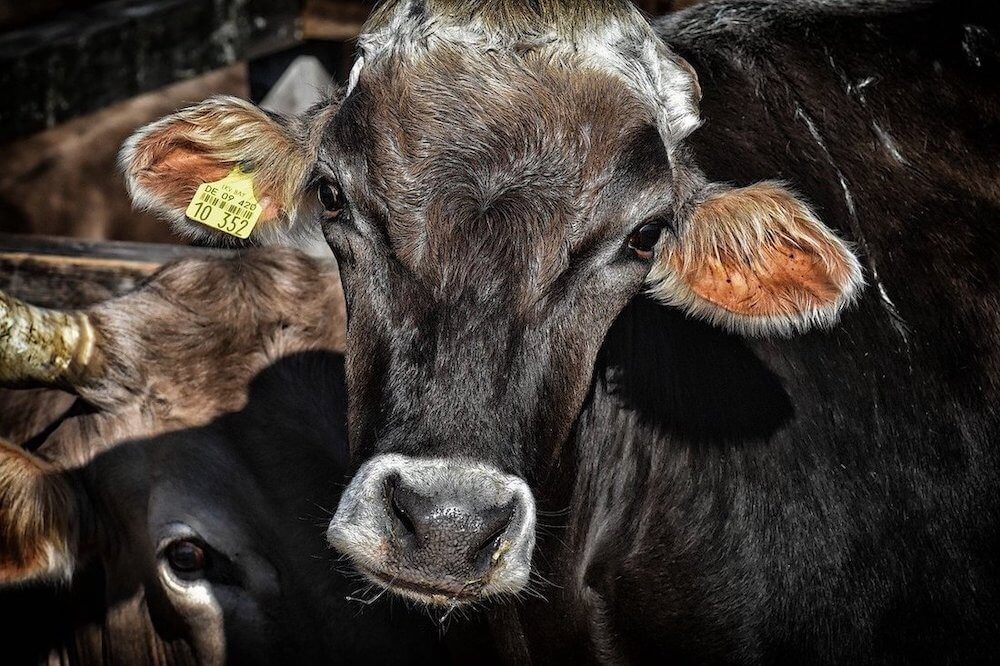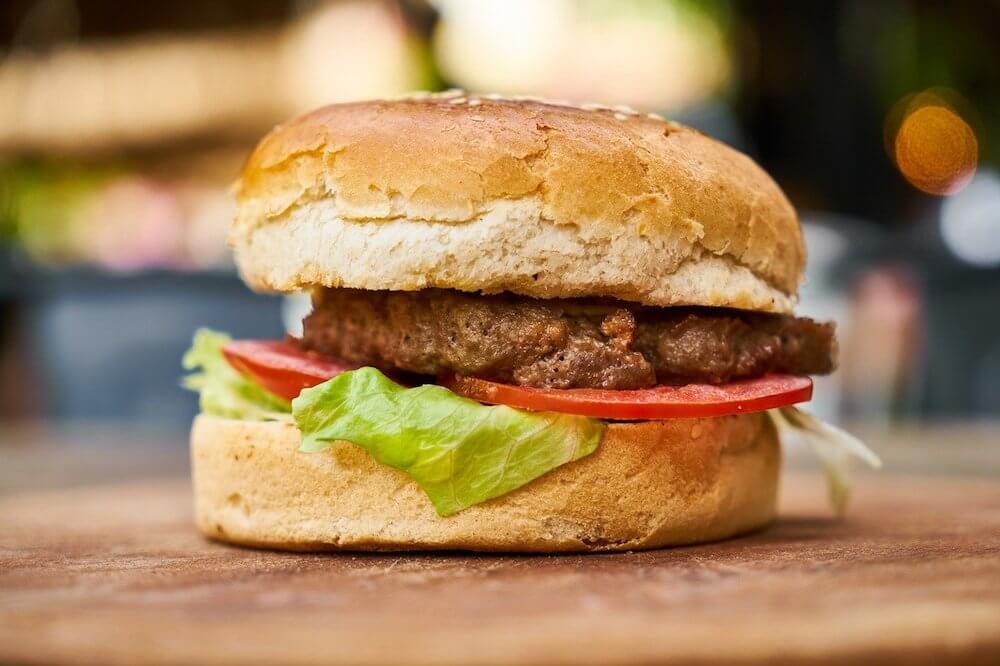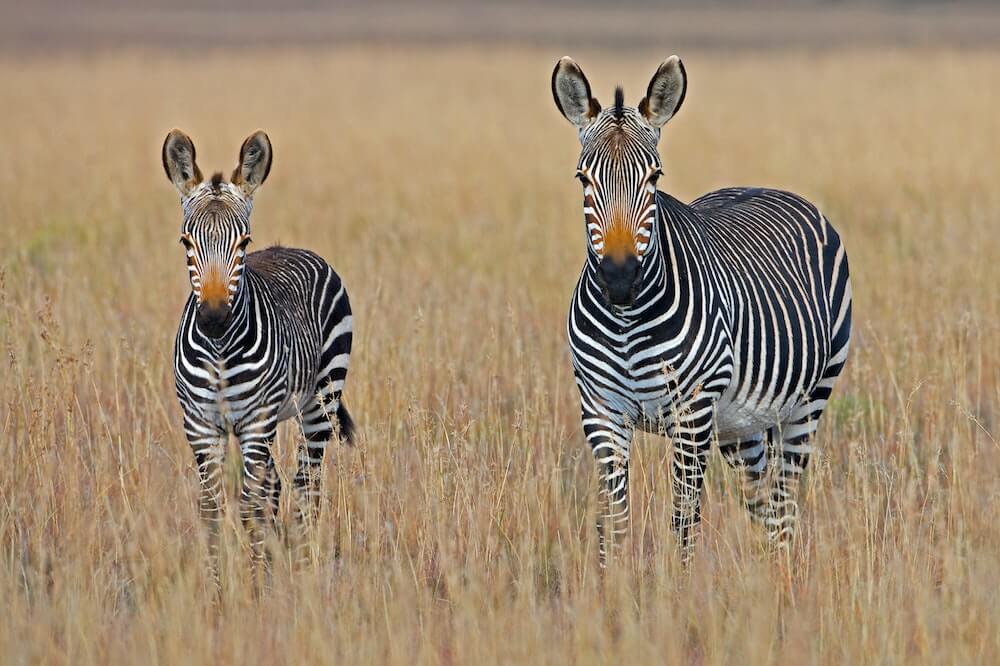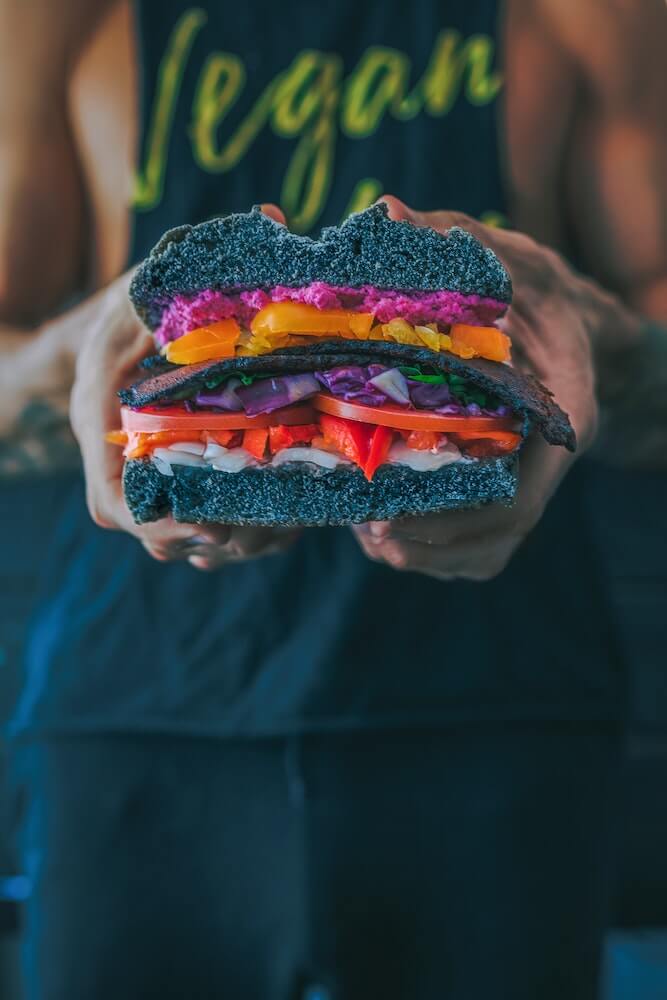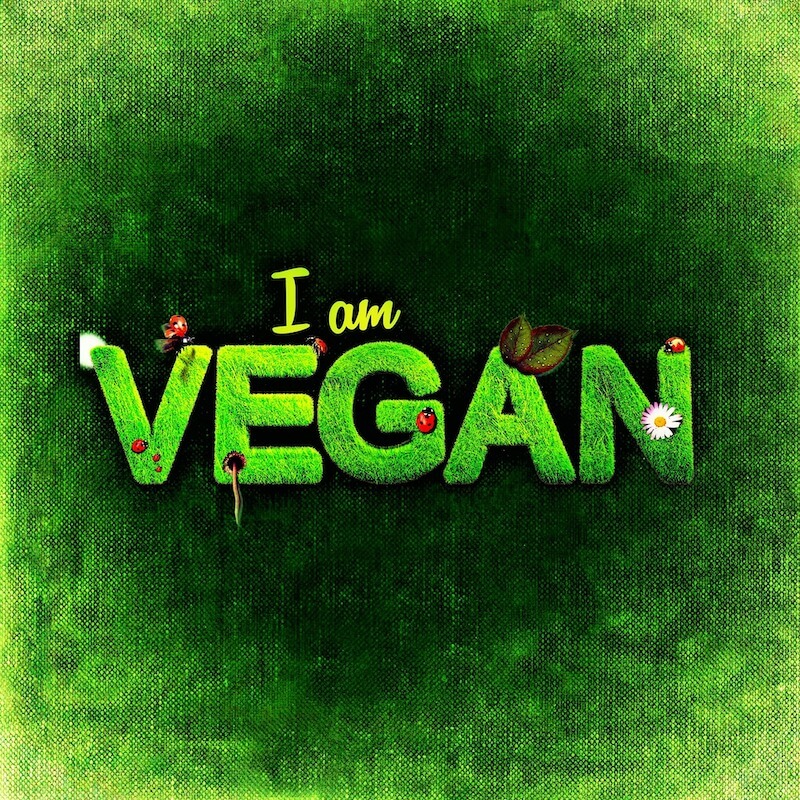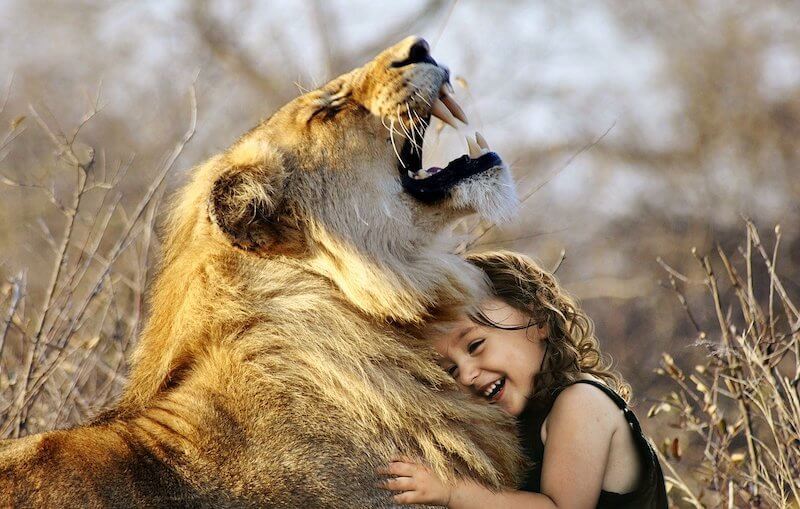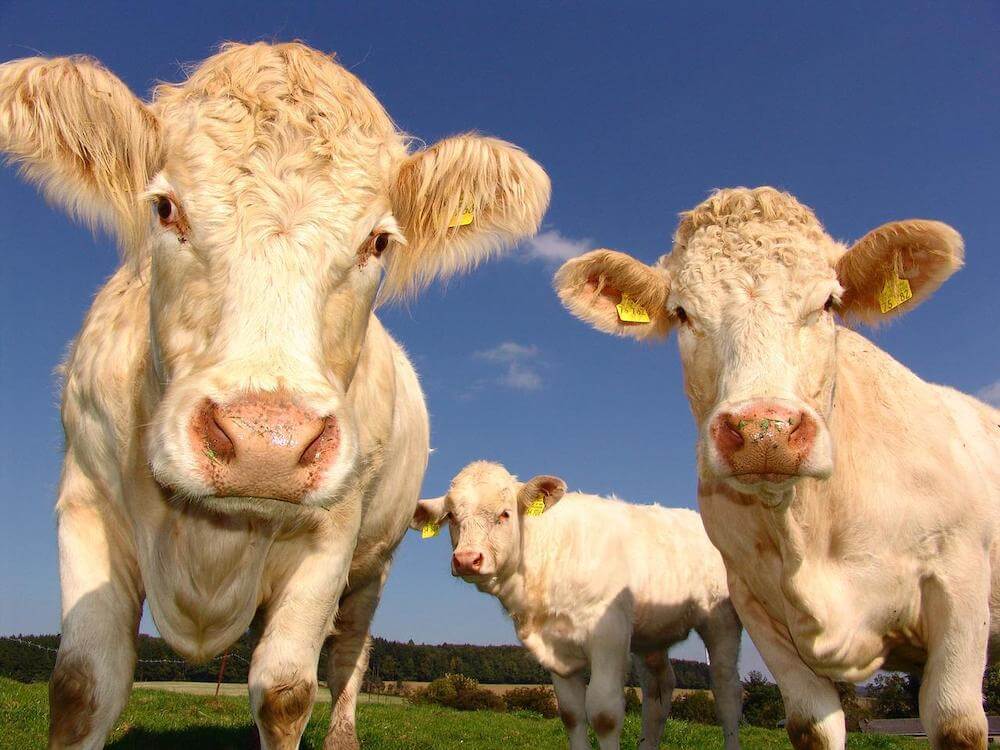Cowspiracy: The Sustainability Secret has been around since its (updated) release in 2015 and is one of those provocative movies that gets people talking. It’s predominantly about how we can feed 9 billion people meat while at the same time taking care of the environment.
Good or bad, you’ll probably have strong opinions about the film.
Table of Contents
Cowspiracy: About the Movie
The movie Cowspiracy was updated and released in 2015 by Kip Anderson and Keegan Kuhn, with Leonardo DiCaprio as executive producer.
It’s impactful yet easy to watch, sharing a profound message about the sustainability (or otherwise) of our current food model and goes a long way to show why so many people choose veganism for the environment.
Kip Andersen, the man behind the movie, follows the trail of impact of the meat and dairy industry, trying to uncover what is portrayed as being the intentional silence on the part of authorities and major charities, to talk about the environmental impacts of the agricultural industry.
It raises the question of how we can expect to continue if we don’t embrace change.
The statistics are mind-blowing and powerful. We quite simply can’t continue to feed such a huge population of people on a diet of daily meat without having a (huge) negative impact on our environment. So what to do?
I found it an inspiring movie; it has a good balance of facts and figures blended with observational information, all collected and revealed throughout the path of the movie. It has made a lot of people re think their approach to caring for the environment.
And by the way, if you’re already on the path toward cutting out dairy, you might like to read about these vegan cheese recipes to help you give up dairy. Or this tasty vegan cashew cheese with jalapeño recipe and this homemade vegan mayonnaise recipe.
Is the Movie Gory?
This isn’t a slaughter house horror movie. Rather, it’s a movie reporting on how we currently produce enough food to feed 9 billion human beings and how (among other things) the livestock which are raised for slaughter eat 50% of the grain produced in the world.
There are two scenes which involve killing an animal on a farm, but there’s enough warning to allow you to skip the scene or look away if you don’t want to see those shots (though of course I’m not suggesting you shouldn’t see them).
About Kip Anderson – The Movie’s Creator
According to the movie, when Kip saw Al Gore’s movie An Inconvenient Truth, back in 2006, he became inspired to do his bit for the environment. He recounts how he began to be an avid recycler, he turned off lights, showered for shorter times and walked instead of taking the car.
But one day he realised that for all his good intentions, maybe it just wasn’t enough. And when he caught a glimpse into the impact of the agricultural industry and how huge its impact was, he began digging deeper.
And the one question that came up time and again was: why was nobody speaking about this? Why were the world organisations hiding such a major player in the environmental issues?
And that’s the path he follows within the movie, one trying to discover what exactly is going on and why all the secrecy . . .
Keegan Kuhn
Keegan Kuhn is an American award winning documentary film maker who runs First Spark Media, a company dedicated to non-profit movies about conscientious issues.
Keegan Kuhn likes to expose stories that were previously hidden from the public eye and bring them to our attention, especially ones about social justice issues.
Who Should Watch This Movie?
I think that everyone should watch this movie, regardless of eating habits or beliefs. You don’t have to agree with veganism to learn about some of the statistics which affect our world as a result of the ever-growing number of human population.
Criticism for the Movie
The main criticism for the movie is that its statistics are not accurate or are exaggerated: the movie claims that animal agriculture is responsible for 51% of all global greenhouse emissions, a figure based on a study which is claimed at least by one critic, to be flawed.
Interestingly the criticism doesn’t deny that the impact of the agricultural industry is devastating, only that it isn’t an accurate figure to quote 51% of all emissions.
The other major criticism was that Cowspiracy focuses exclusively on veganism and belittles other forms of environmentalism, such as the reduction of burning fossil fuels, by saying that you can’t be an environmentalist and eat meat.
My opinion is that this film is already 5 years old and it still has an important, powerful message to share.
Where Can You Watch Cowspiracy?
The movie was an intense project with much funding to make it possible, and the makers of Cowspiracy want it to be considered as a serious documentary rather than a freebie.
Therefore it was released on Netflix, and that is how they want it to be viewed.
Some Interesting Statistics from Cowspiracy
The following statistics are taken directly from cowspiracy.com
- 51% of worldwide greenhouse gasses are caused by livestock and their byproducts, equalling 32,000 million tons of carbon dioxide.
- More than all transport exhaust gasses put together, 18% of greenhouse gasses come from the agricultural industry.
- Exhaust fumes cause 13% of greenhouse gasses.
- To produce 1 pound of beef you need 2,500 gallons of water.
- In the US, 5% of the water consumption is by private households. 55% is by agriculture.
- Livestock uses 45% of the world’s available land.
- Agriculture is the leading cause of dead ocean, water pollution, species extinction and destruction of habitat.
- 7 million pounds of excrement are produced every minute by animals raised for human consumption.
- A farm of 2500 cows produces as much waste as a city of 411,000 people.
- For every pound of useable fish caught, 5 pounds are accidentally killed and discarded as ‘by kill’.
- Up to 40% of the catch of fish/marine life are caught accidentally and are unwanted and discarded. They are called the by-kill.
- Animal agriculture is responsible for 91% of deforestation of the Amazon rainforest.
- 1100 people who were trying to stop the deforestation of the rainforest in Brazil have been murdered in the past 20 years.
- Every hour more than 6 million animals are killed for food.
- 50% of grain that’s produced is fed to livestock.
Conclusion on Cowspiracy
I think this is one of those important movies of the decade. I strongly believe that we should aim to understand as much as possible about our footprint and what effect we have on the world around us. If for no other reason than that, this is an important movie of our times.
And if you’re new to veganism, be sure to check out my guide to starting a vegan lifestyle.
I hope you enjoy the movie!

